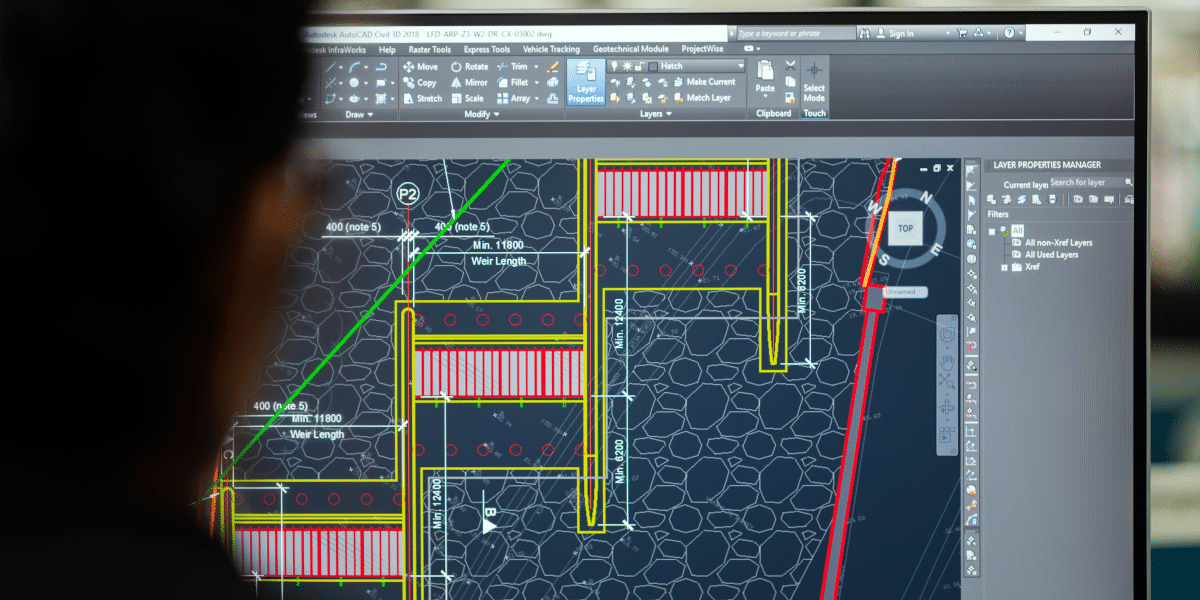Semiconductors are unsung heroes in many industries, including the automotive world. From manufacturing to car technology, the automobile industry uses semiconductors for a number of reasons. Experts expect the demand for semiconductors in the industry to increase as vehicles become more sophisticated. Unlike older vehicles, new automobiles are modernized and have several semiconductor chips to facilitate activities in various subsystems. Keep reading for more information about how the automotive industry uses semiconductors.
Engine Control Units
An engine control unit (ECU), which is the core of every vehicle’s internal combustion engine, has semiconductors. The ECU is instrumental in evaluating and controlling the engine using a wide range of semiconductors to ensure it works properly. An ECU has semiconductor chips that regulate fuel injection, improve ignition timing, control emissions and optimize fuel efficiency. The ECU will adjust these engine characteristics based on your current operating conditions to deliver the best performance.
Autonomous Driving
Semiconductors from automation companies make autonomous driving a reality in both passenger and commercial automobiles. Vehicles with autonomous driving capability have semiconductor chips to process and analyze data from various sensors, cameras, and artificial intelligence in real time, allowing them to move autonomously. The chips that facilitate autonomous driving are more powerful and efficient in order to make fast decisions and perform complex driving tasks, just like humans.
Infotainment Systems
The infotainment system is the central point for connectivity, entertainment, and technology in a vehicle. In order to carry out functions beyond the traditional dashboard capability, contemporary infotainment systems have semiconductor chips to power touchscreen displays, audio systems, GPS navigation, voice recognition, and smartphone integration. By powering the infotainment systems, semiconductors make daily commutes and long drives more fun and engaging.
Advanced Driver Assistance Systems
Today, auto manufacturers equip new vehicles with multiple advanced driver assistance systems that entirely depend on semiconductor chips. These include automotive emergency braking, lane departure warning, blind spot detection, and adaptive cruise control systems. The semiconductors in these systems evaluate data from specific cameras, radars, and sensors to come up with decisions for better driving and safety.
Electric and Hybrid Vehicles
The operations of electric and hybrid vehicles are attributed to semiconductor technology. Semiconductors are not only vital in making EV battery cells but also in managing them to ensure they are efficient and last longer. The semiconductor technology also promotes the creation of effective EV chargers to make charging fast. In addition, semiconductors in electric and hybrid vehicles encourage proper power distribution for better utilization and reduced wastage. As the world leans more towards electric and hybrid vehicles, the auto industry will continue to rely on semiconductor technology.
Semiconductors have played a significant role in revolutionizing the automotive industry and bringing it to where it is today. These small yet powerful equipment have enabled manufacturers to develop incredible systems that make vehicles more sophisticated and convenient. As semiconductor technology keeps improving and the automotive industry demands more automation, consumers can expect even better vehicles in the future. Undoubtedly, the automotive industry will make use of semiconductors for many years to come.
Published By: Aize Perez










